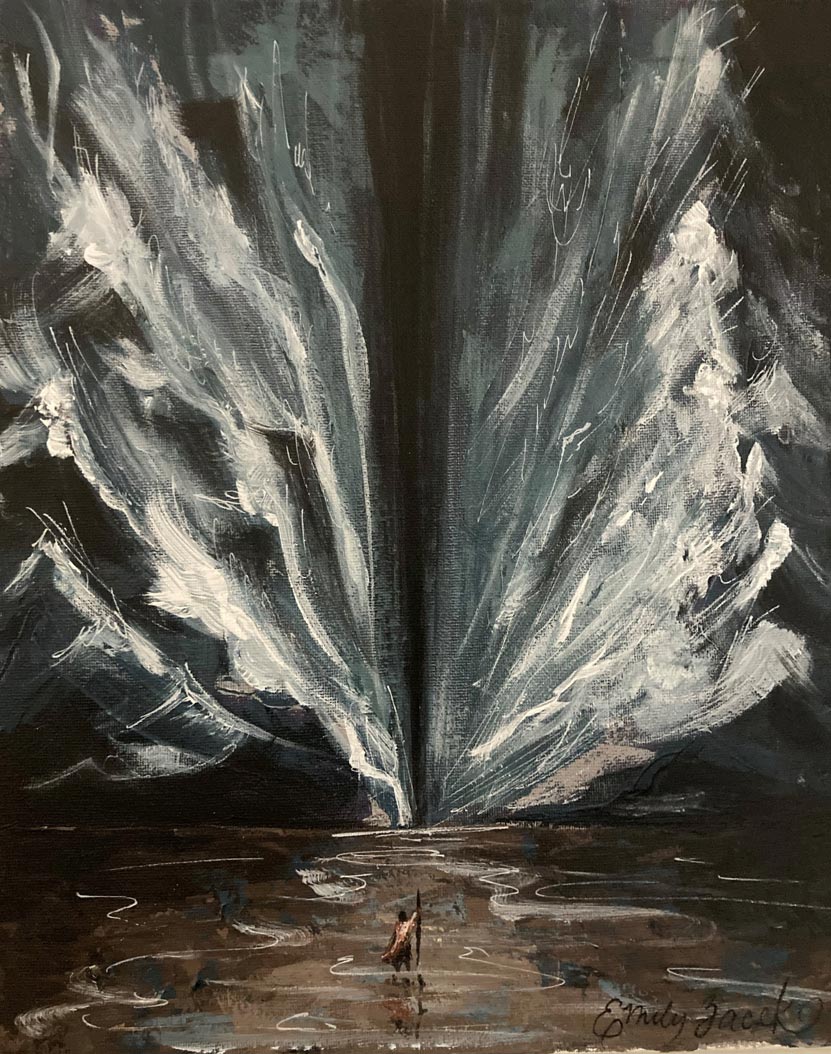What Is Hope?
An Easter message on Christ's prevailing power and love
By the Rev. Lauren Taylor, Whitworth Campus Pastor for Discipleship
The season of Lent lends itself well to the somber state of our world right now – global pandemic, war, environmental crises, racial upheaval, fractured politics. It sometimes seems like we live in a Good Friday world. Lament comes easy at the foot of the cross. But what happens when we flip the calendar page to Easter Sunday? How do we speak of joy and resurrection and new life in Christ when despair threatens to consume us on every side? How exactly do we celebrate Christian hope this year?
We've been making our way through the book of Exodus in chapel this spring, and it has led me to wonder about Christian hope. Exodus, of course, is the story of Israel's deliverance out of slavery and into the Promised Land. Hope is intrinsically woven into this story of God promising to end Israel's suffering and deliver them into the land flowing with milk and honey. I'm hungry for these kinds of stories right now. But if I'm honest, I feel a little numb toward this idea of hope. In a world that can look so much like Good Friday, hope can seem naive. So the question I find myself asking this Easter season is how can we gather up the courage to hope?
